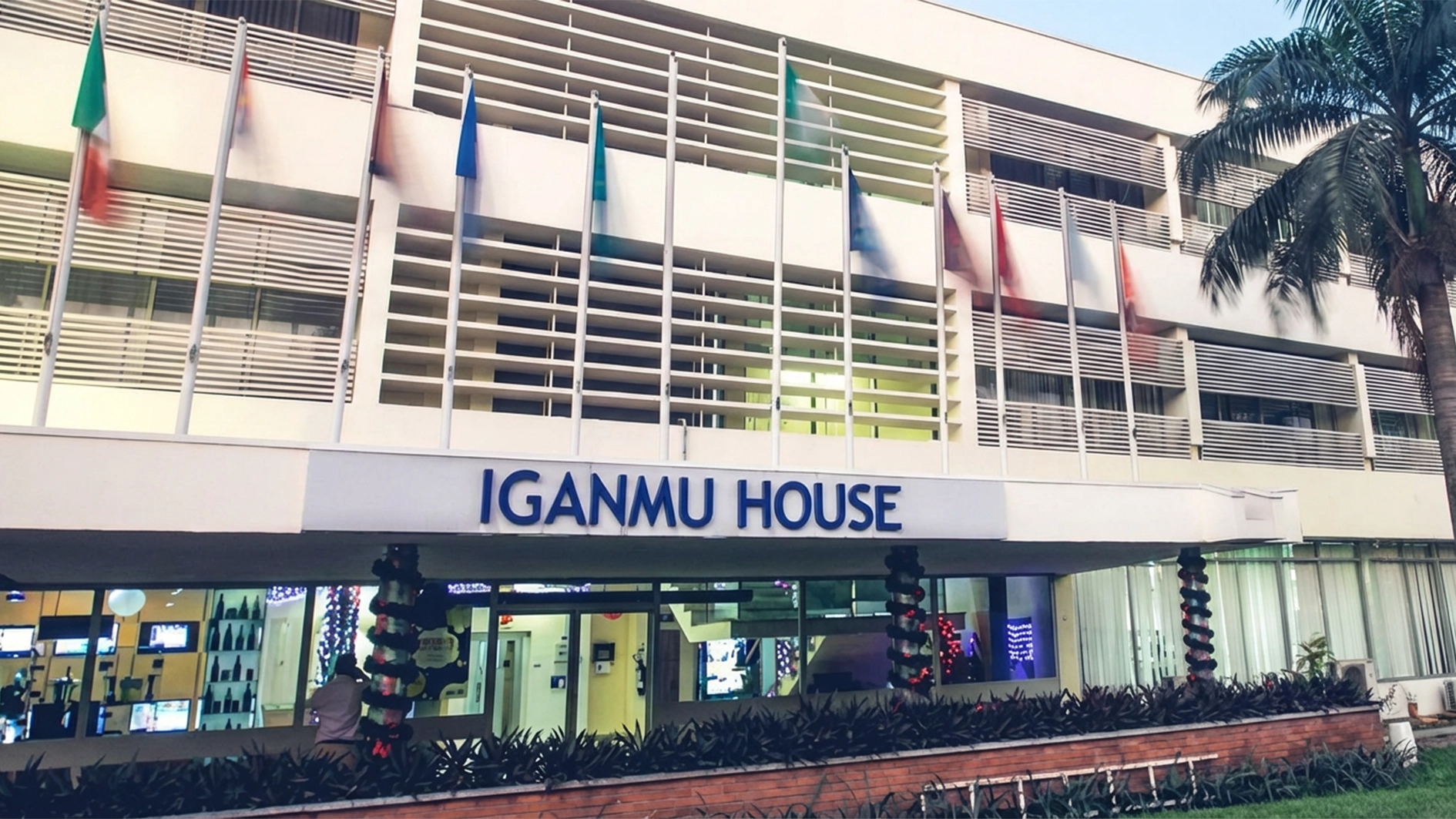The Senate has passed a landmark bill to establish the Bitumen Development Commission, marking a significant step toward regulating and tapping into Nigeria’s vast and largely untapped bitumen reserves.
The bill, sponsored by Senator Jimoh Ibrahim (APC, Ondo South), was read for the third time and passed during plenary on Wednesday, following the presentation of a report by the Senate Committee on Solid Minerals Development.
Presenting the report, Senator Diket Plang (Plateau Central) said the commission is essential to unlocking the estimated 42 billion tonnes of bitumen deposits scattered across Ogun, Ondo, and Edo states — part of the onshore Dahomey Basin.
“Nigeria has the second-largest bitumen deposits in the world, nearly twice our oil reserves,” Plang noted. “Yet this strategic resource remains underexploited due to the absence of a proper legal framework. This bill corrects that gap.”
The Senate’s action comes as part of broader efforts to diversify the national economy, reduce reliance on crude oil, and expand Nigeria’s industrial base. Under the proposed law, the new commission will serve as a regulatory and investment-attracting agency, overseeing exploration, licensing, development, and commercialisation of bitumen resources.
Chief Whip of the Senate, Senator Tahir Monguno (Borno Central), expressed support for the bill, stating that it aligns with the Federal Government’s Renewed Hope agenda for economic diversification.
“This bill lays the groundwork for a new revenue stream, increased job creation, and enhanced industrial capacity across Nigeria,” Monguno said.
Senate President Godswill Akpabio praised the initiative and commended Senator Ibrahim and the committee for driving what he called a “development-oriented and future-focused” piece of legislation.
“This is a bold and necessary step in our mission to harness the full potential of Nigeria’s natural endowments,” Akpabio stated. “The Bitumen Development Commission will position Nigeria to become a global player in bitumen production.”
With the passage of this bill, the Senate has paved the way for the strategic and sustainable exploitation of one of the country’s most valuable but underutilised natural resources.
In a related development, the Senate also passed a bill mandating local processing of raw materials.
The bill, an amendment to the Raw Materials Research and Development Council Act, 2022, requires exporters to process at least 30 per cent of all raw materials locally before exporting.
The legislation, passed following the presentation of a report by the Senate Committee on Science and Technology, aims to promote value addition, create jobs, and reduce the nation’s dependence on unprocessed raw exports.
Exporters who fail to comply risk a penalty of 15 per cent of their export value, and repeated violations could result in revocation of export licenses.
“This legislation marks a new dawn in Nigeria’s quest for industrial growth,” said Senate President Godswill Akpabio, adding that the Senate is also committed to protecting local contractors from being edged out by foreign firms, even in menial contracts like street sweeping.






